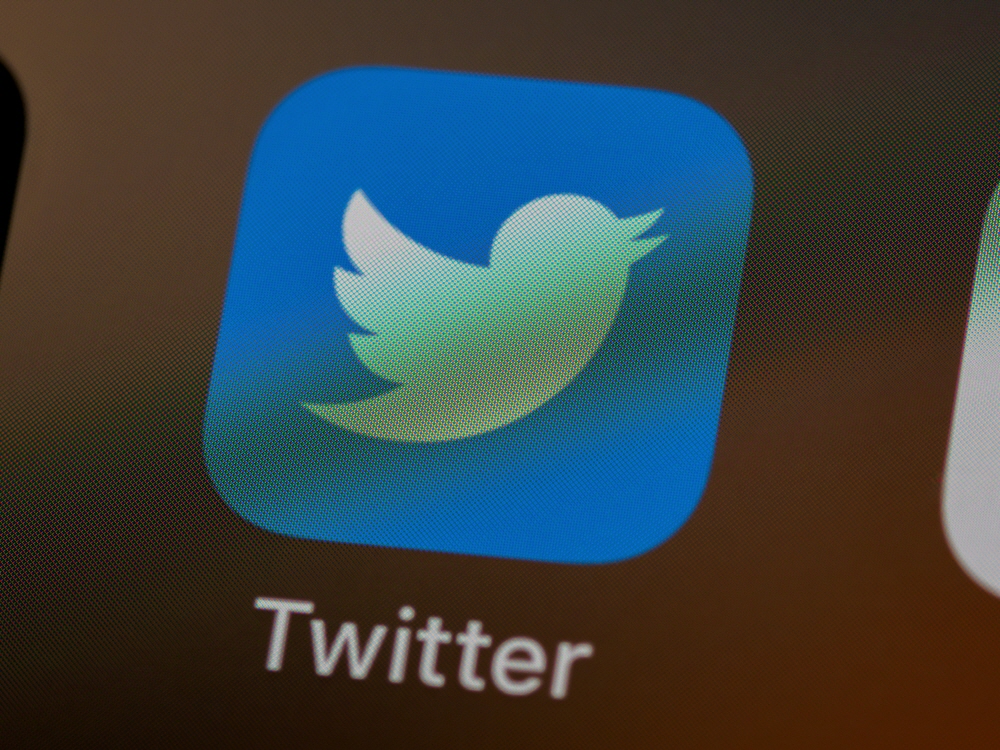
Recently, fake news has been known to influence the US presidential election, and Twitter and Facebook are saying that it affects the spread. Regarding fake news on Twitter, a new study was published in 2018 that fake information spreads more than real information.
Fake news has existed since ancient times in newspapers and the like, but in recent years, the spread of the Internet has made it easier to write fake news, and as a result, it is an era where anyone can move public opinion with fake news.
In response to this situation, a 2018 MIT research team surveyed more than 125,000 stories that were retweeted on Twitter more than 4.5 million times over 11 years from 2006 to 2017, and found that false information is more likely to be tweeted and spread than real information. has announced
Twitter has also introduced a labeling system for tweets considered fake news from 2020, but it is evaluated that the performance is not very good. In this regard, a research team from Cornell University and Stanford University conducted a study focusing on a specific tweet and a structure called a cascade that composes a retweet for it.
Cascade refers to structures that yield retweet reach, depth, width, and propagation speed. In response, the research team believes that true information and false information can be judged from the cascade. However, when the research team compared the cascades produced by real information and false information, it turned out that the two types of cascades were indistinguishable and similar.
A 2018 MIT study showed that misinformation spreads much faster, deeper, and wider. However, the results of this study suggest that cascades of the same magnitude have common velocities. Accordingly, he pointed out that although SNS such as Twitter are taking countermeasures from the point of view of suppressing the spread of fake news, it is difficult to distinguish between real information and false information in an algorithmic way, and the effect of existing countermeasures becomes limited.
According to the findings of the 2018 study, people are more likely to share misinformation than true information. Related information can be found here.


















Add comment